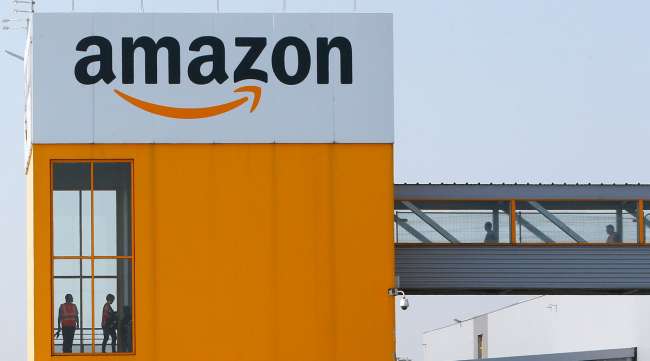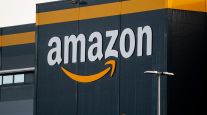Bloomberg News
Amazon May Stop French Deliveries After Court Order

[Ensure you have all the info you need in these unprecedented times. Subscribe now.]
Amazon.com Inc. threatened to stop activity at its fulfillment centers in France after a court order banned the sale of non-essential goods, concluding the retailer isn’t doing enough to protect staff from the COVID-19 pandemic.
The $1.1 trillion company was given 24 hours on April 14 to comply with the ruling to reduce its activity to sell only essential items such as food and hygiene products, and to upgrade its health-security procedures. The company faces fines of 1 million euros ($1.1 million) for each day’s delay.
Amazon said it was considering an appeal, but such a move wouldn’t suspend the order that was to go into effect April 15 in the early afternoon. Amazon said the court’s ruling “leaves us perplexed” since it said it has provided employees with security measures.
“Our interpretation suggests that we may be forced to suspend the activity of our distribution centers in France,” Amazon said in a statement. “The court gave categories that are very general and create ambiguity that would be too hard to implement; this is a complex business to run,” a spokeswoman for Amazon told Bloomberg.
Amazon isn’t able to reduce its activity and must shut down completely “because of the terms and conditions of the court order, especially because of their ambiguity and the absence of definition,” the e-commerce giant said in an internal memo that was seen by Bloomberg. The company will suspend activity at its fulfillment centers for an “initial period” of five days starting April 16, it said.
Representatives from the CFDT and CGT labor unions told Bloomberg the company informed employees at the six French fulfillment centers that they’ll be on a partial unemployment scheme, with full pay.
A representative for Amazon didn’t immediately respond to a request for comment on the document or the employment details.
“The government is specifically paying attention to our citizens working during the current health emergency, and whether their employers put in place all sanitary measures — because it is their responsibility,” government spokeswoman Sibeth Ndiaye said April 15 after the weekly cabinet meeting. Ndiaye declined to comment about Amazon’s plans.
Pressure on the Seattle-based giant to upgrade its health-security plans has increased across its fulfillment centers. In France, several workers have tested positive for COVID-19. Labor Minister Muriel Penicaud demanded late last month an improvement to the working environment for the firm’s employees, saying that “protection conditions are insufficient.”
“We believe it’s good news. It will give us time to negotiate more seriously and upgrade health safety measures,” CFDT labor union representative Julien Vincent said. “Employees are going on partial unemployment but paid 100%, the company told us. We must focus on our work conditions.”
Amazon “evidently failed to comply with obligations to protect the health of employees,” judges said in their April 14 ruling. The court also said the retail platform should carry out a more thorough evaluation of the coronavirus risks in its warehouses.
The U.S. giant’s share price has been one of the standout performers as the pandemic forces store closures, amplifying e-commerce demand. Earlier this week, Amazon said it would hire an additional 75,000 workers in the U.S. The company already filled 100,000 previously announced temporary and full-time positions.
“The court’s extensive ruling on sanitary measures and on mental-health impact and Amazon’s reaction will be closely watched by other companies that make deliveries, and by labor unions,” said Lionel Vuidard, a partner at the Paris office of law firm Linklaters. “This could have a ripple effect — it could force companies to increase their sanitary measures to avoid the same kind of troubles.”
Want more news? Listen to today's daily briefing:




